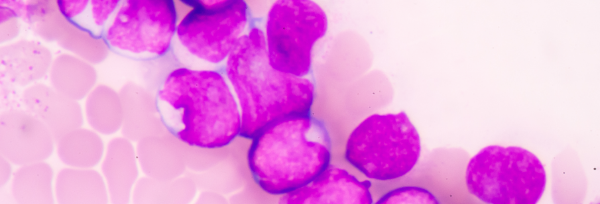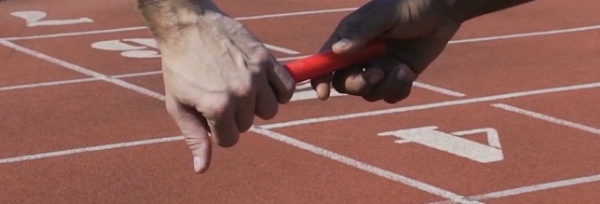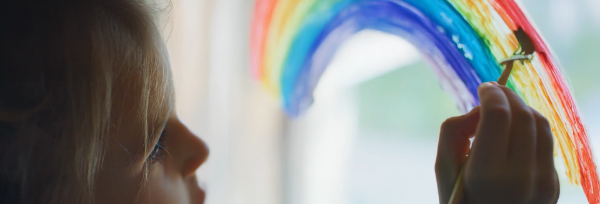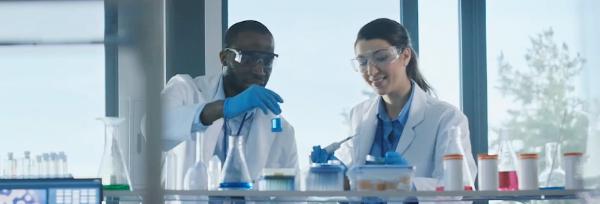Child abuse: more than 400 cases a year in Tuscany. The first course for paediatricians of the Italian ‘saving children’ network underway

PRESS RELEASE
The project launched and supported by Menarini, in collaboration with Telefono Azzurro, the Italian Paediatrics Society (SIP), the Italian Federation of Paediatricians (FIMP) and the Association of Italian Paediatric Hospitals (AOPI), to create a country-wide anti-abuse network of 15 thousand paediatricians and general practitioners, is continuing in Tuscany. Florence: first training course held for 30 Tuscan paediatricians on the clinical and legal means for recognising and intercepting signs of violence.
Child abuse: more than 400 cases a year in Tuscany.
The first course for paediatricians of the Italian ‘saving children’ network underway
In 2015, as many as 426 Tuscan children and adolescents were victims of violence.
Their cases were surveyed thanks to the 'Codice Rosa' initiative active in the Local Health Offices of our Region: in 88% of cases these individuals were victims of ill treatment, while 12% suffered abuse. Three cases out of four involved children and teenagers aged from 7 to 17, two out of three are children of Italian nationality. Girls are more at risk: 239 compared to 187 boys.
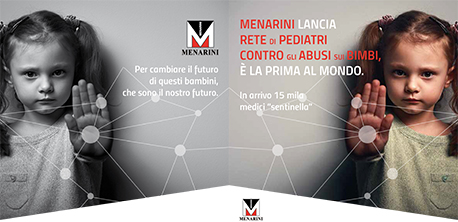
Florence, 09 October 2016 – In 2015, in the whole of Tuscany, 426 children and adolescents were victims of violence, according to the data collected in the Local Health Offices through the ‘Codice Rosa’ initiative for treating victims of violence. The numbers show that the problem mainly affects children of Italian nationality: 286 compared to 138 children of other nationalities. Most cases are of ill treatment, but there are also 53 victims of actual abuse; girls, with 239 cases, are more often involved compared to boys, while the age range in which violence occurs more frequently is between the ages of 7 and 17. However, this is a typically underestimated “iceberg” phenomenon, above all because abuse, in half the cases, is perpetrated by a person who belongs to the family circle, according to the data given in the 2016 Paedophilia Dossier, published by Telefono Azzurro. From the same document it emerges that between 2014 and 2015 the number of requests for help in cases of sexual abuse in children and adolescents received by Telefono Azzurro increased: in particular, those taken through the 114 Childhood Emergency line went up from 5.4% in 2014 to 6.7% in 2015.
The suffering is often veiled in silence and for this reason Menarini, Telefono Azzurro, the Italian Paediatrics Society (SIP), the Italian Federation of Paediatricians (FIMP) and the Association of Italian Paediatric Hospitals (AOPI), have undertaken to create a country-wide anti-abuse network of 15 thousand “sentinel” paediatricians and general practitioners. The process continues today in Florence with the first course in which Tuscan paediatricians, who have followed the training events “Train the Trainers and Recall event” given in Rome over the last few months, will be responsible for training their colleagues: they will ‘coach’ them to recognise the unexpressed signs of abuse, so that they themselves may become “sentinels” of minors' distress and reference points for other local colleagues to inform and provide qualified advice. The first anti-abuse network in the world is, therefore, spreading throughout Italy. The anti-abuse network project is supported by Menarini through an investment of one million Euro.
“Paediatricians play a key role in the healthy and balanced growth of children, and are their first point of contact with the healthcare system, but above all they are the point of reference and trust, to whom the entire family entrusts its children during their most delicate years”- explained Ernesto Caffo, Chairperson of Telefono Azzurro, and Lecturer in Infantile Neuropsychiatry and member of the board of ICMEC -. For this reason it is they who need to have the skills to recognise the signals that a child is experiencing problems or is at risk. With its experience in listening to children and adolescents who are victims of abuse, gained in 30 years of activity, Telefono Azzurro offers the best skills and intervention procedures to provide an effective and qualified response to the problem of abuse in our country”. As a partner of the ICMEC (International Centre for Missing and Exploited Children), the centre from which the project started, Telefono Azzurro is, today more than ever, on the front line in the prevention and treatment of situations of distress and in actions in emergencies, promoting collaborations at the national, European, and international level”.
“In Tuscany the cases of abuse and ill treatment that have been assigned the ‘Codice Rosa’, which involves a specific and dedicated procedure for the victim and, for example, eliminates waiting time and having dedicated rooms to patients so that they may be examined in the greatest tranquillity, are not at all few – commented Stefania Losi of the Meyer University Hospital Agency, one of the trainers of the course in Florence. For this reason, we consider it necessary to raise the awareness of all operators who may come into contact with children and adolescents: family paediatricians but also general practitioners who must be trained to recognised 'that which goes unsaid' concerning signs of distress. All hospital operators must also be made more aware because parents sometimes bring minors to the Emergency Unit and it is there that doctors, nurses and health-service professionals need to be able to recognise the tell-tale signs of ill treatment so that they can report the need to pay particular attention to the case. We all have to do our part and this project, by being cascaded down, can reach many colleagues, helping us greatly in lifting the veil that often hides child abuse. A project that is already a success: the interest of doctors on these subjects continues to grow” concluded Losi.
Family paediatricians are also part of the group, specifically as they belong to that category of professionals who are widespread over the territory and most closely in contact with families. This is the reason why they have a strategic role in prevention and intercepting risk situations.
Training managers, Elisabetta Cappelli and Monica Pierattelli have the task of continuing to increase the awareness of colleagues and taking an active part in building the regional network.
“This project, strongly desired by Menarini, is continuing in Tuscany with renewed commitment to training sentinel doctors to safeguard the rights of children and adolescents – said Domenico Simone, member of the Menarini BoD. The dramatic events that we see increasingly often, offend our conscience and prove the need for strong actions to counteract these episodes that so often go undiscovered but take away the dignity, freedom and vitality of children. We are, therefore, proud to support a unique project, which makes Italy an example for all the other countries and the starting point of an international programme promoted by the International Centre for Missing and Exploited Children (ICMEC). Our objective is a cultural and social action that will overcome a void in training and create a system that receives and does not ignore the cry of pain or the silence of those who suffer and cannot react: we want to prevent those stories of violence on children which we would never want to hear”.





